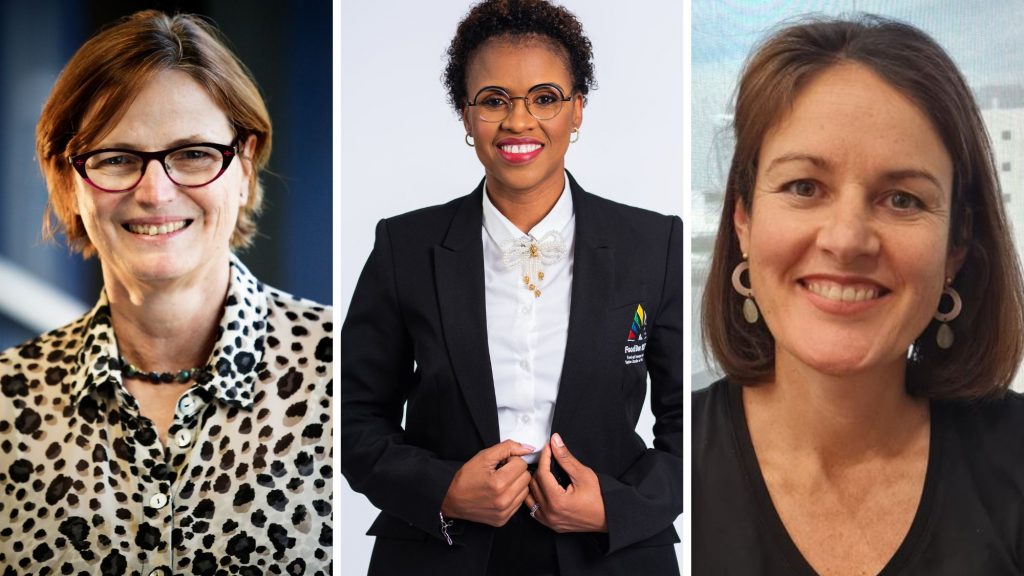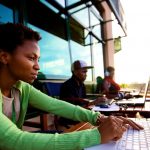In a move that signals a major leap forward in generative AI, OpenAI has quietly rolled out ChatGPT-5, its most advanced model to date….
SA’s digital skills shine at BRICS Future Skills Challenge

South Africa’s best future-forward digital skills are comparable to those of top candidates from Brazil, Russia, India and China. This is according to the results of the BRICS Future Skills Challenge, an online multi-day competition hosted by China this month.
The country’s team of competitors comprised 240 young professionals and students aged between 16 and 35 who are skilled in robotic process automation, mobile app development, data science and digital factory skills amongst others.
Joanne Brink, project manager at BRICS Future Skills Challenge, says, “South Africa won about 10% of medals awarded in the categories in which we competed. This is remarkable for a country with a total population of around 60 million.
“The South African team walked away with almost the same number of medals as India, which has a population of 1.4 billion. SA won 15 medals across the 12 challenge areas in which we competed, 10 medals of which were top three placements. We are excited for South Africa to host the BRICS Skills Challenge in 2023 and we got valuable learnings from participating.”
The South African team won bronze and silver awards in several categories including internet marketing, mobile app development, digital twin, life cycle management, internet of things, aircraft maintenance, artificial intelligence, data science and cyber security.
Online training camps were held for SA teams ahead of the competition during October. Each skills area had the support of at least one dedicated expert with deep working knowledge in their specific field of expertise.
This year’s challenge was supported by the Food and Beverage Manufacturing SETA. Those selected to participate as individuals or teams from BRICS countries solved real-world problems and devised solutions using their specific skills. .
“Competing on international platforms like this prepares our youth for future jobs and helps us to identify where there is a deficit. We can focus our efforts to ensure that we build skills for the future that are needed in the changing world of work,” says Brink.

Professor Theo van Niekerk, a researcher and Mechatronics Engineering lecturer at Nelson Mandela University, served as an expert in the digital twin challenge.
“Mechatronics is about system integration to optimise and speed up production with little or no downtime. Digital twin also requires multi-skilled people able to straddle software for simulations, as well as mechanical, electrical and physical components.
“Worldwide, these skills still require a lot more development, but our youth are able to seamlessly move across disciplines. This ability combined with digital twin experience is in massive demand globally and I see this among our graduates,” he says.
South Africa’s digital marketing team placed second in that challenge, despite not being as familiar with many of the apps used in China. Says participant Gape Mojanaga, “There was hectic time pressure to deliver on the brief. My partner and I weren’t able to complete the first module in the time allocated and I think we could have given the winners a run for their money if we had.”
Gape is a social entrepreneur who plans to share the skills he gained in digital marketing with unemployed young people in rural areas.
“It would be a game changer to teach real skills to naturally curious young people who are not in education, training or employed, and then provide pathways for them to expand their learning through competitions like the BRICS Future Skills Challenge.”
Data Science silver winner Adebowale Tosin says that the challenge provided valuable exposure to other data scientists. “Competing against BRICS colleagues has provided a useful benchmark and boosted my abilities in business analysis. It has also helped to interpret findings using appropriate visuals,” he says.
South Africa will host the BRICS Future Skills Challenge in 2023.
ALSO READ: Africa’s tech start-ups bodes well for global competitiveness

